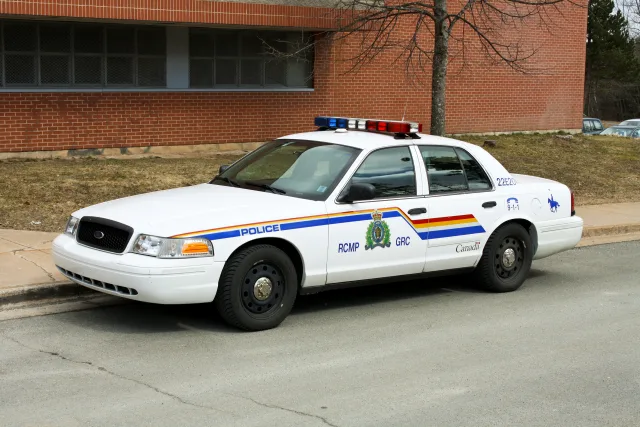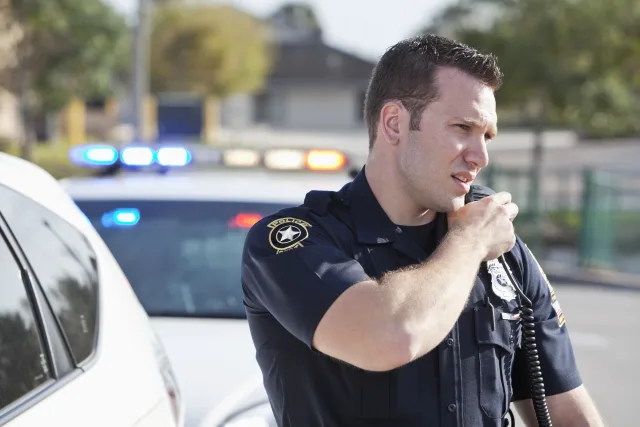
Charging someone with a criminal offence
Charging someone with a criminal offence
Typically, for someone to be charged with a crime, the police must recommend charges and a prosecutor (called Crown counsel) must approve the charge. Learn what’s involved in the process.





